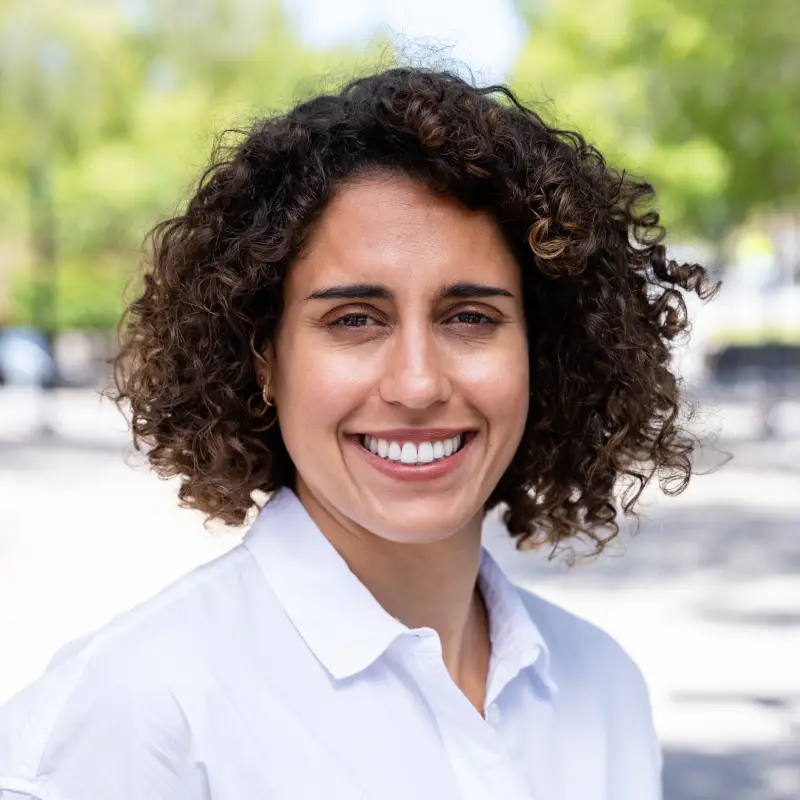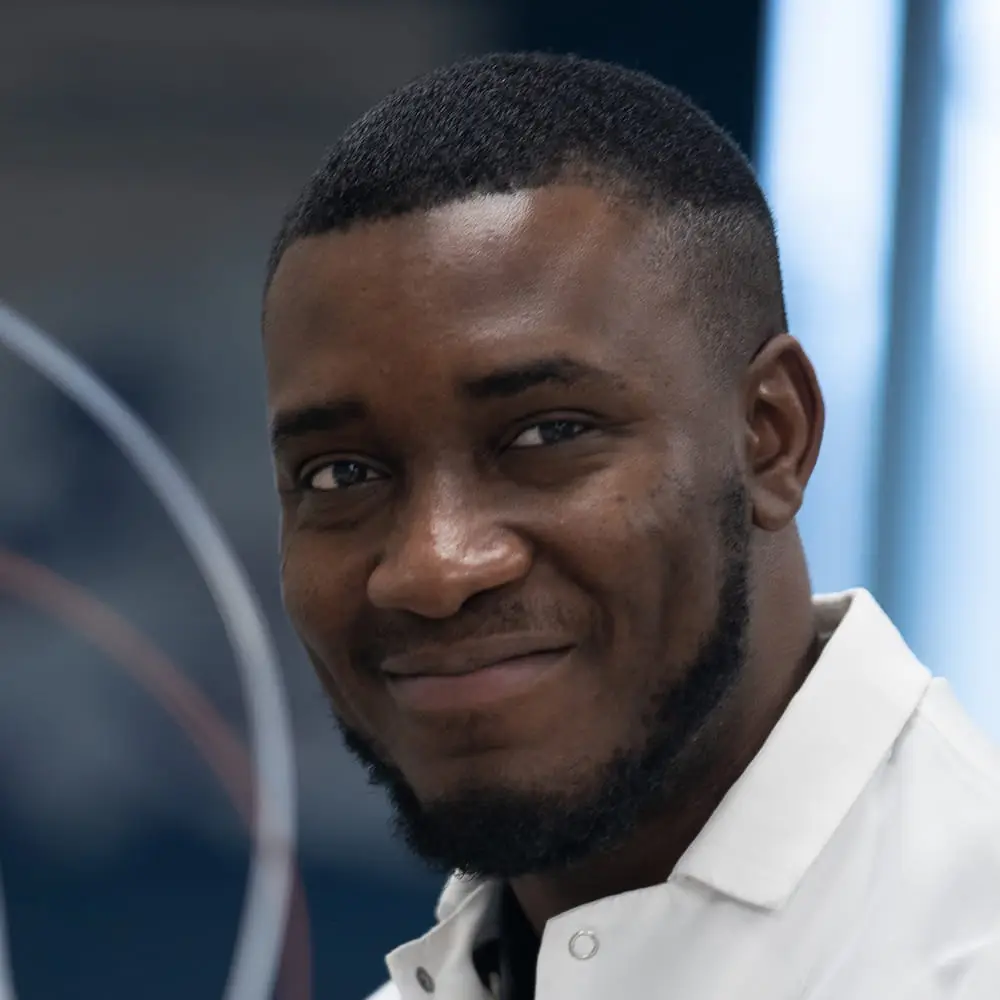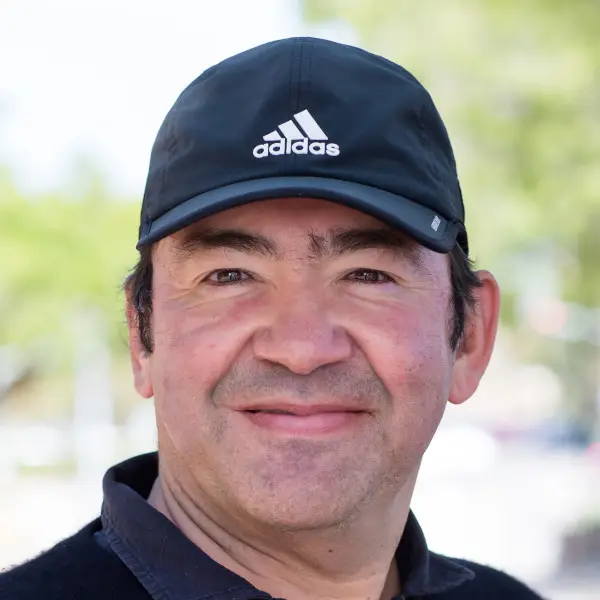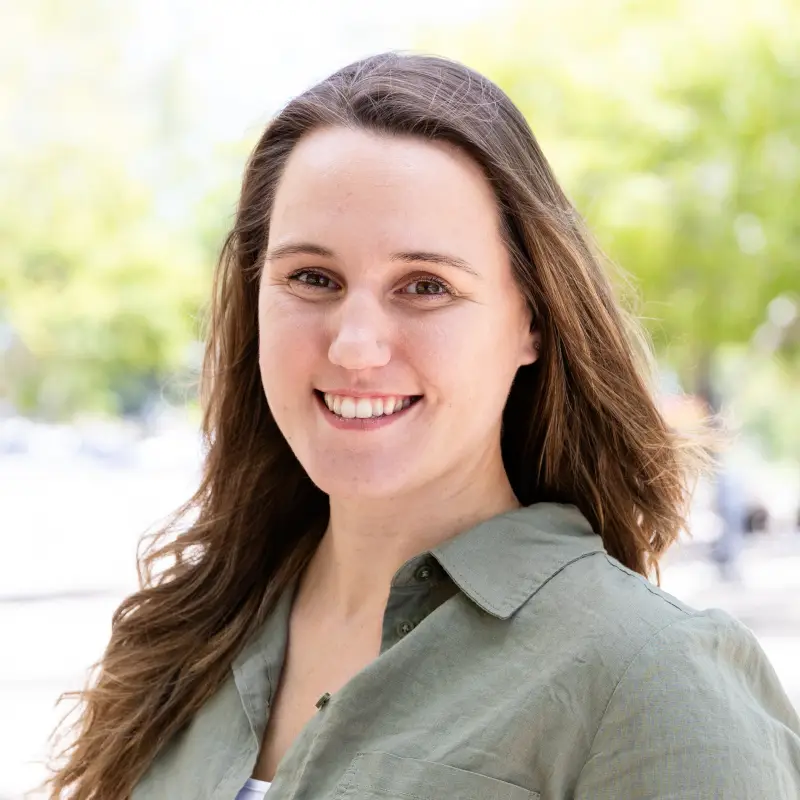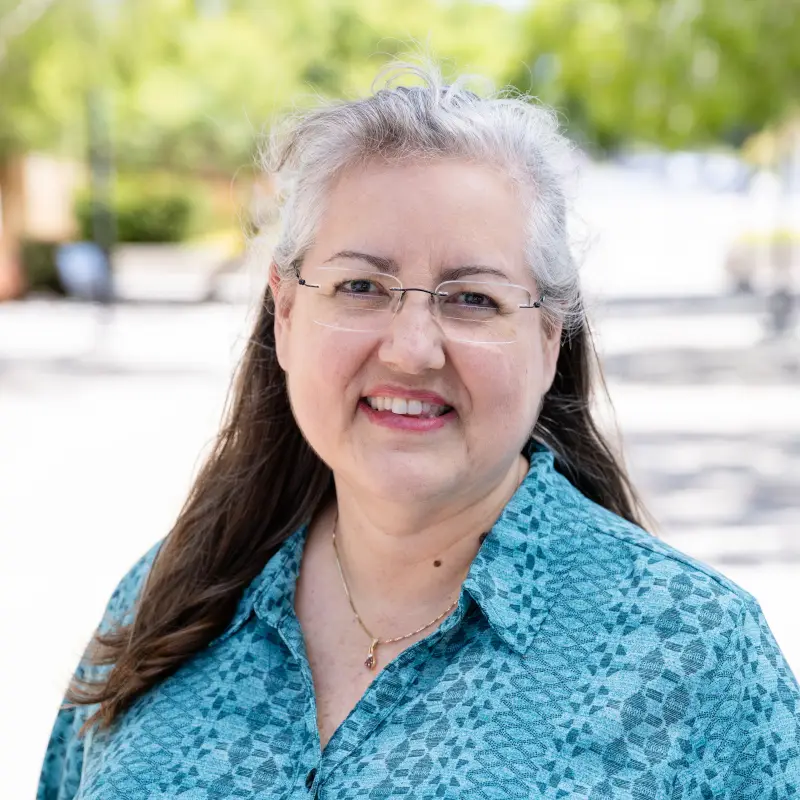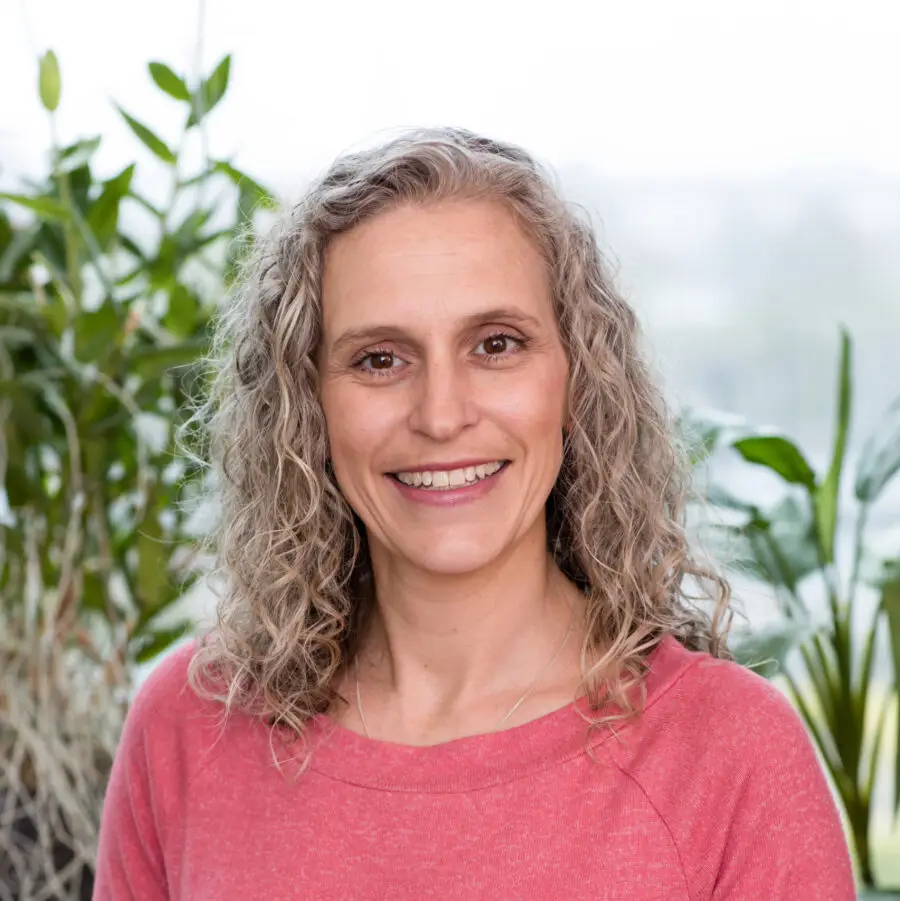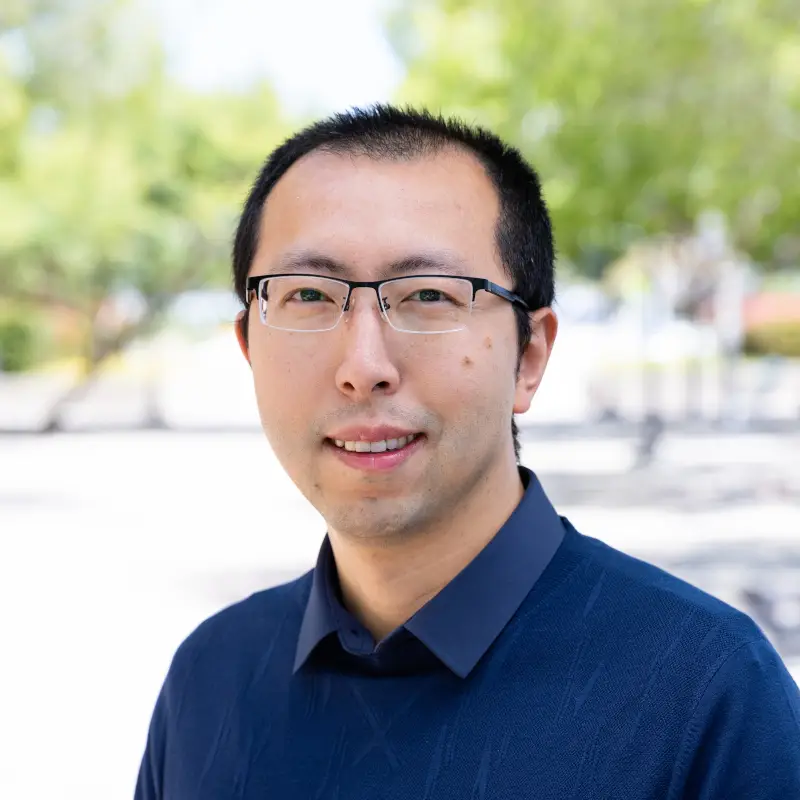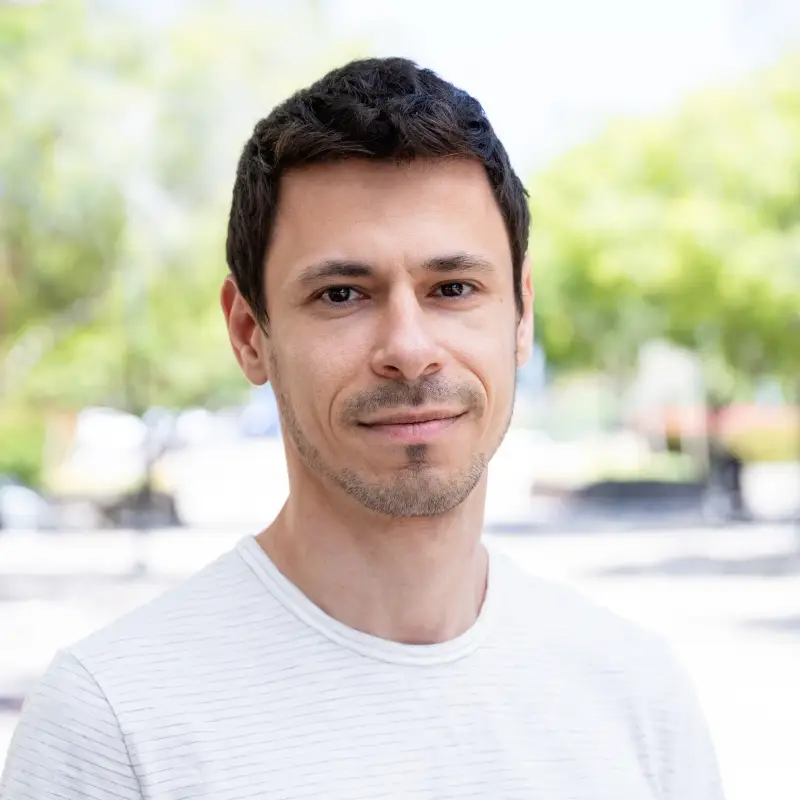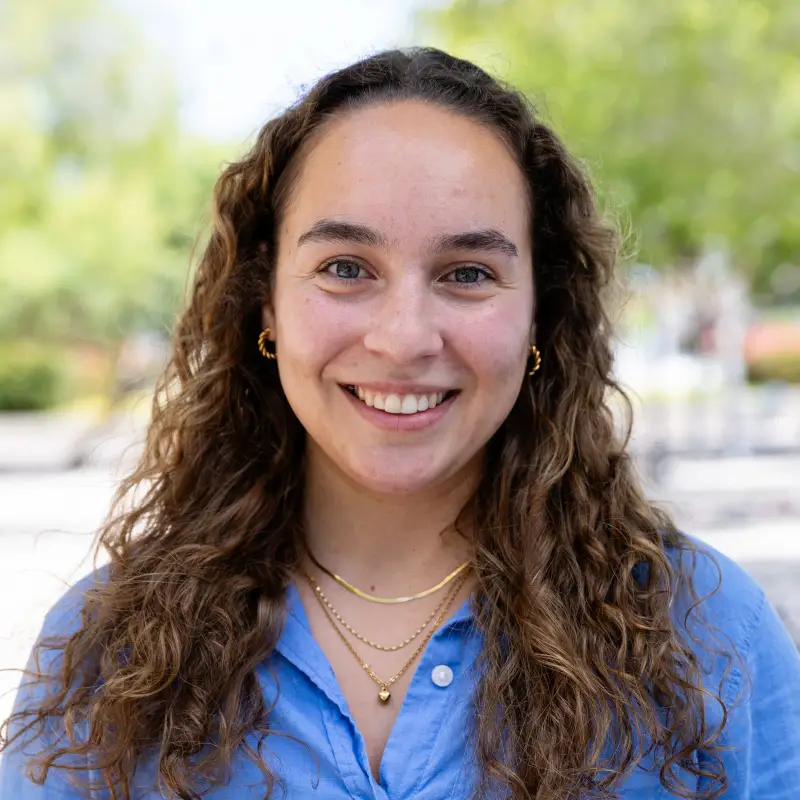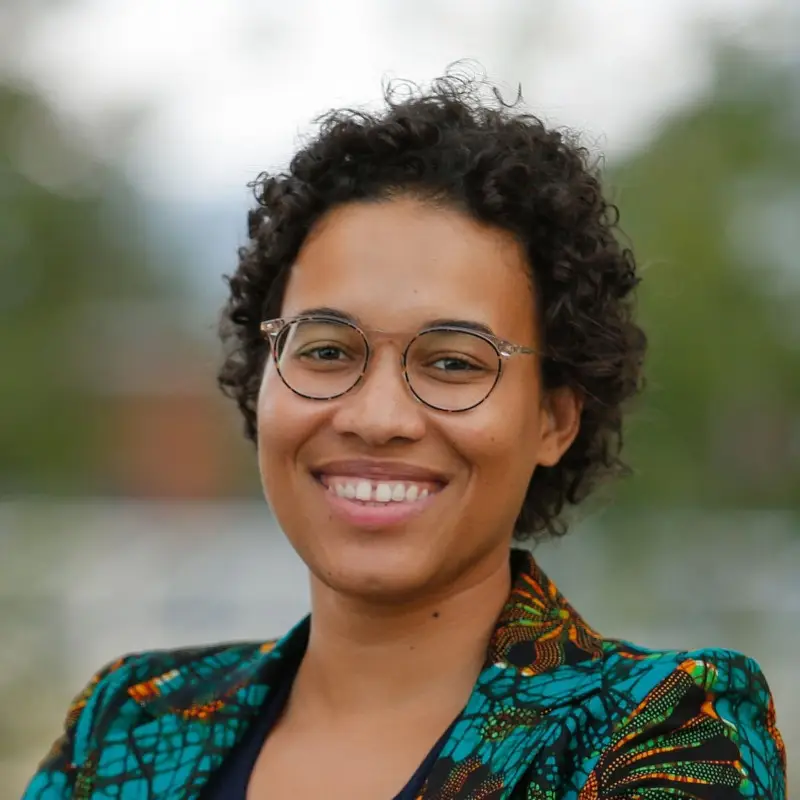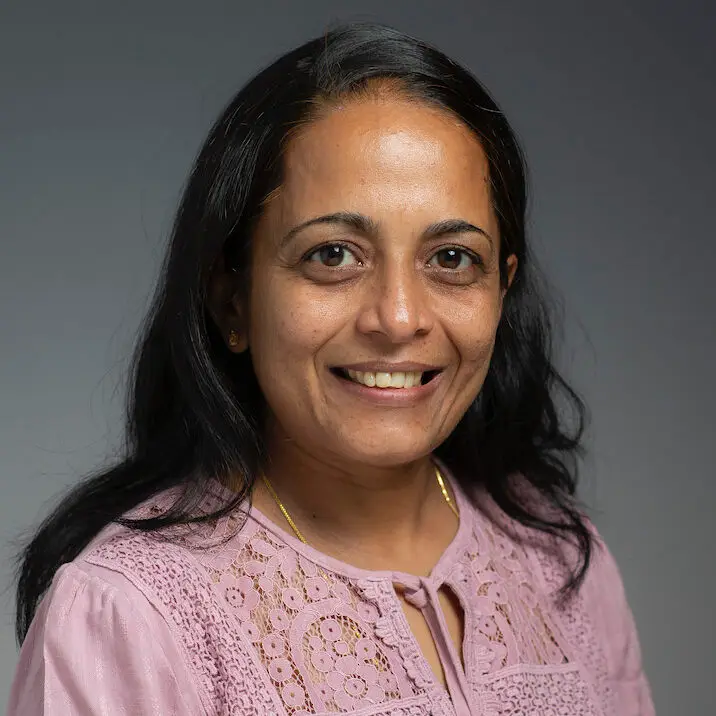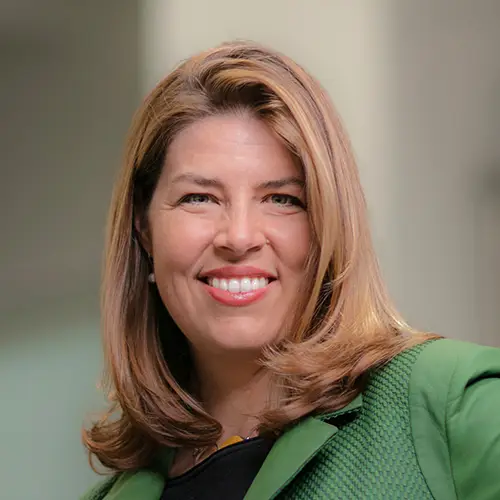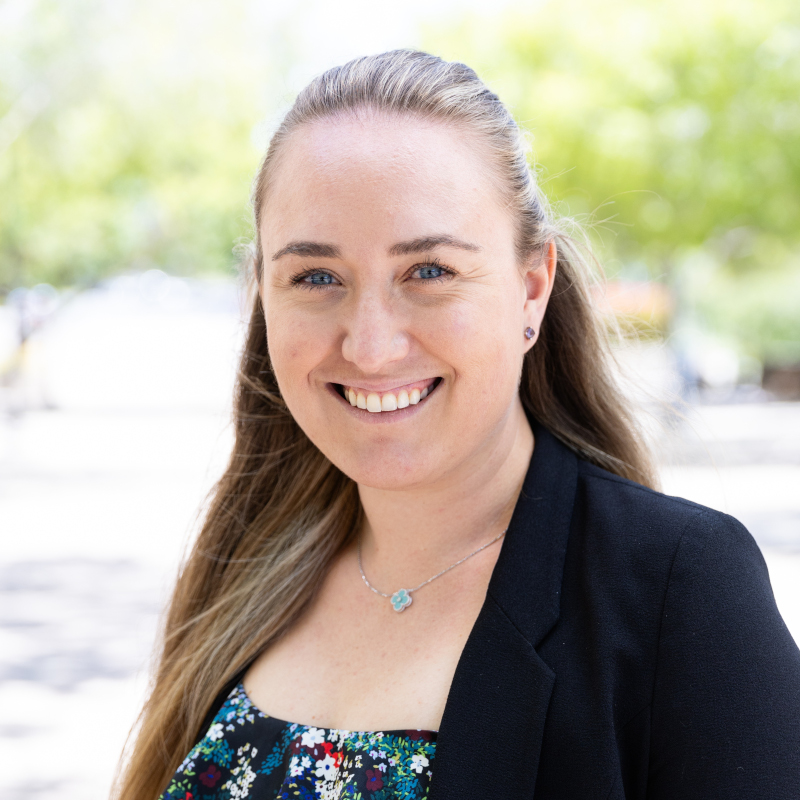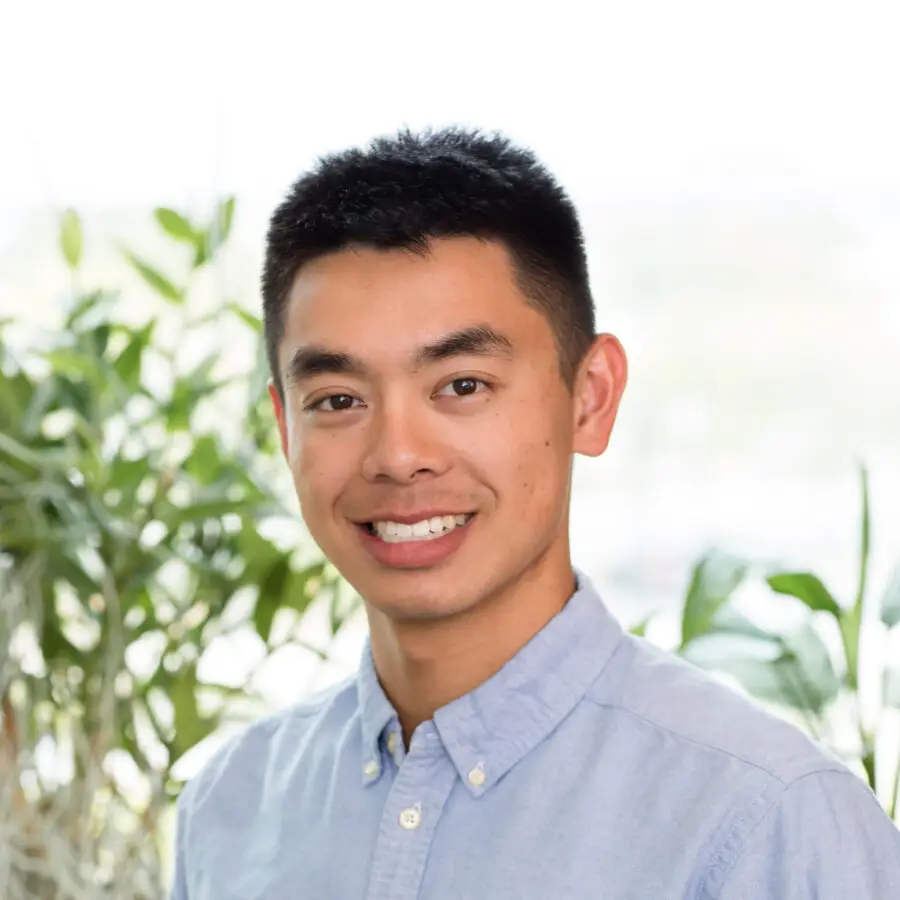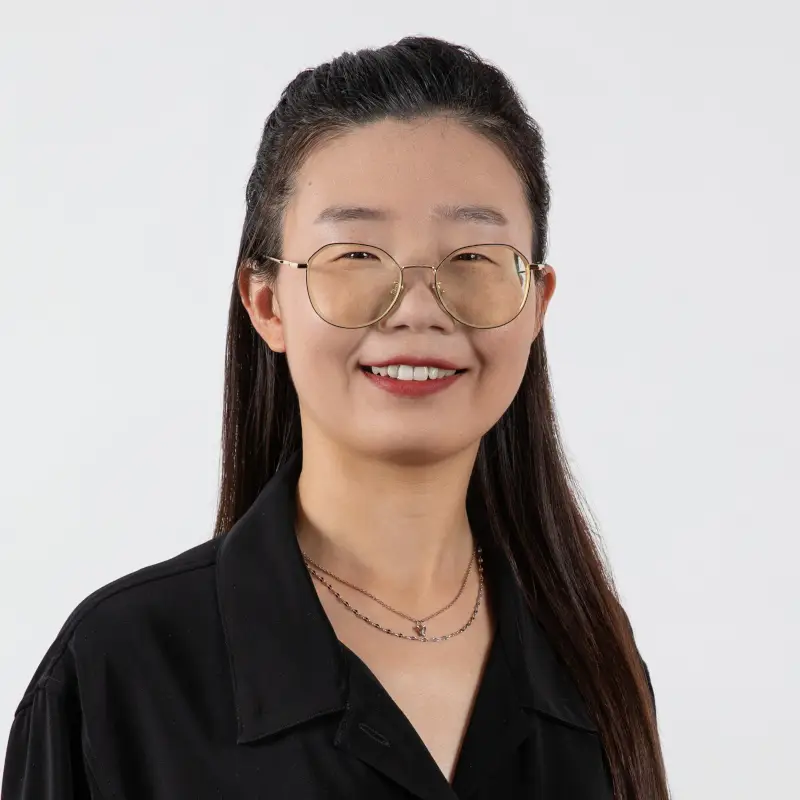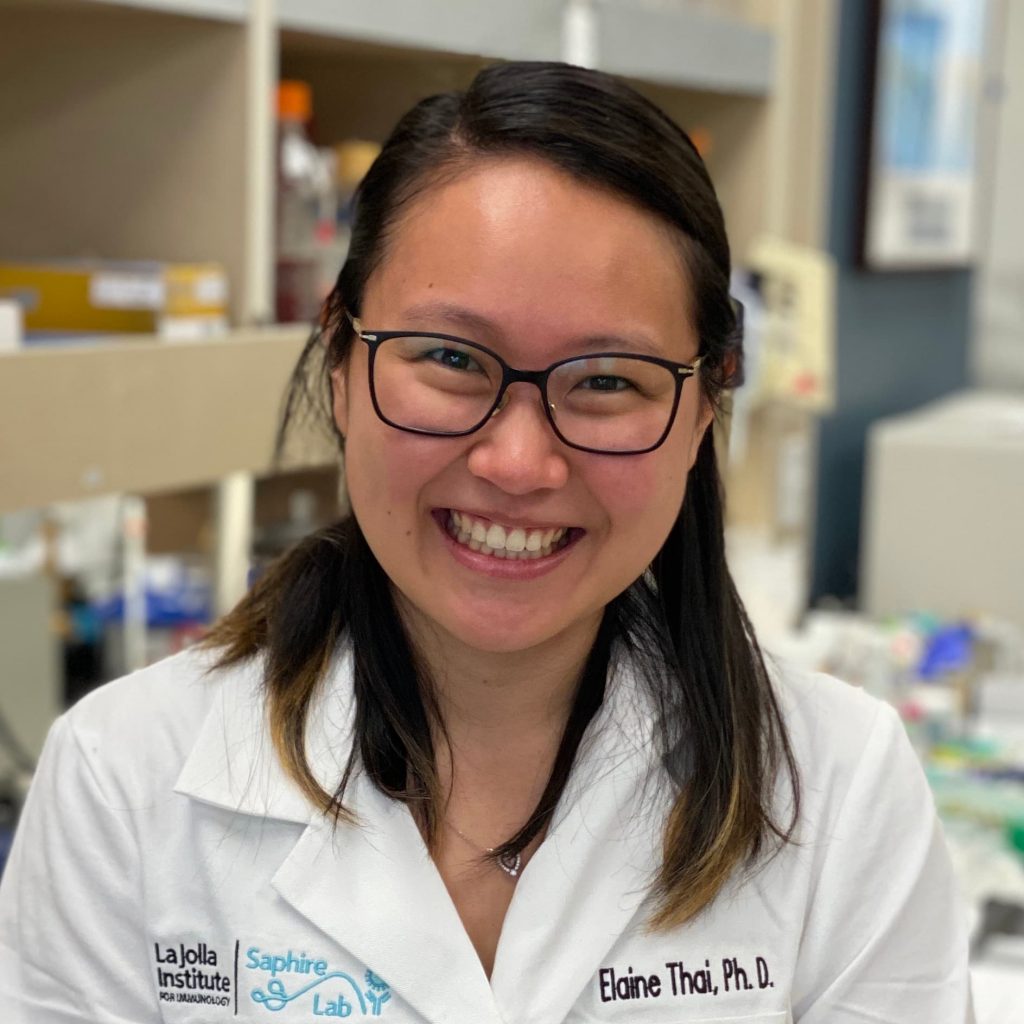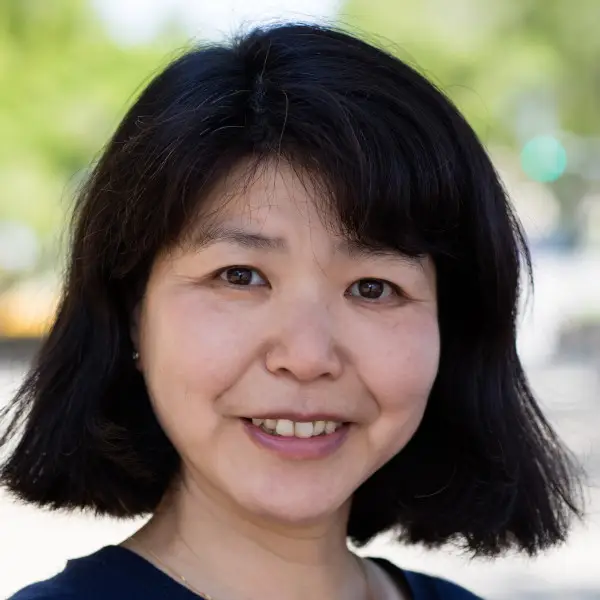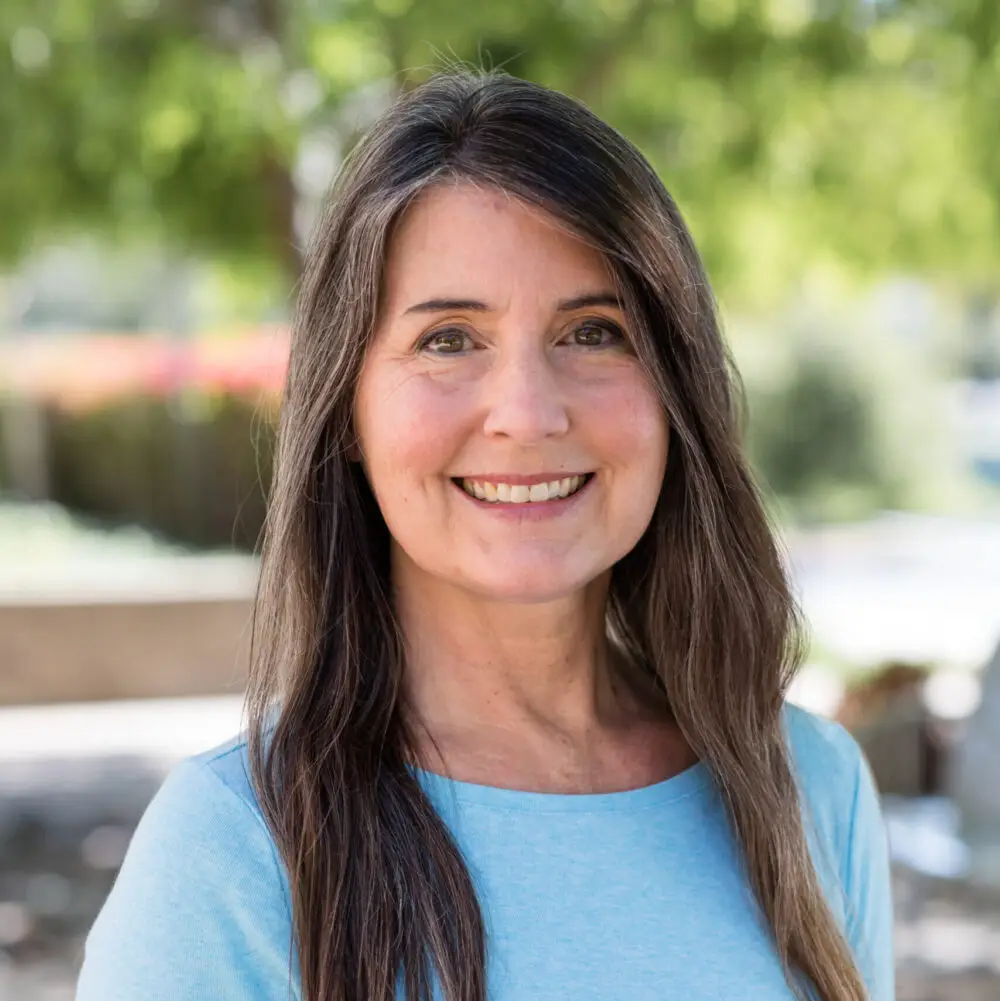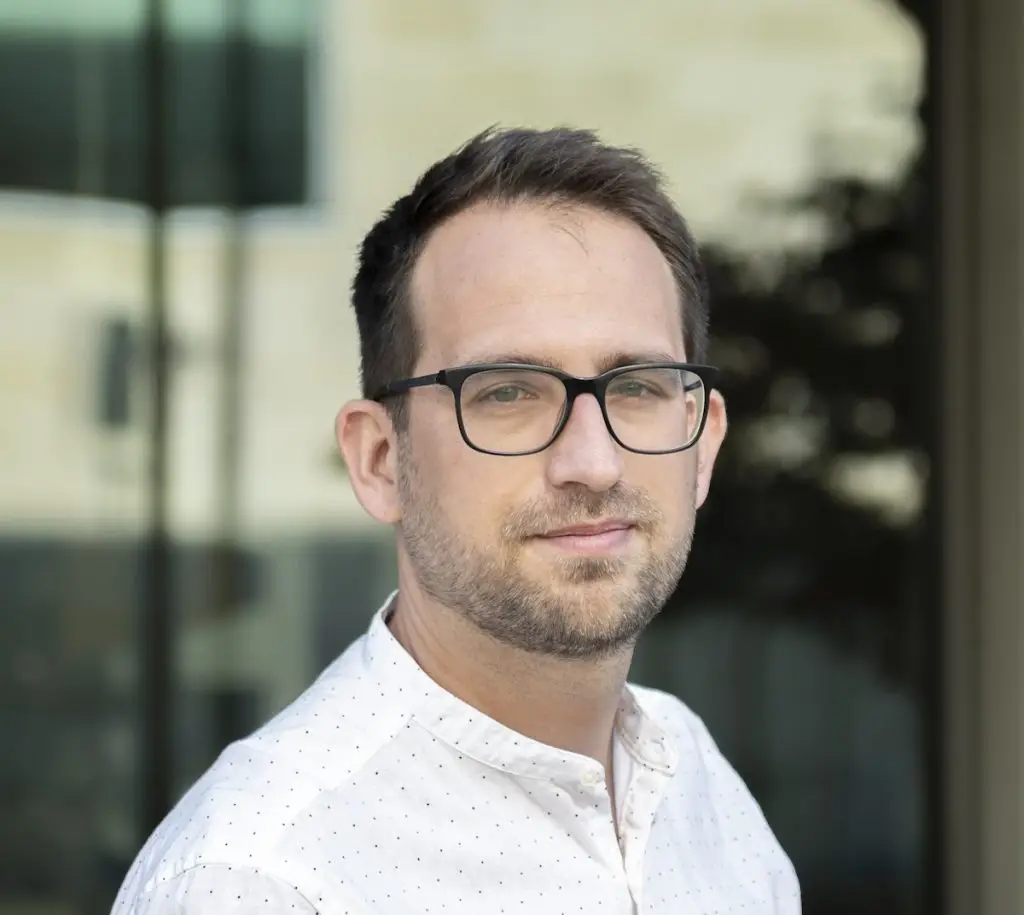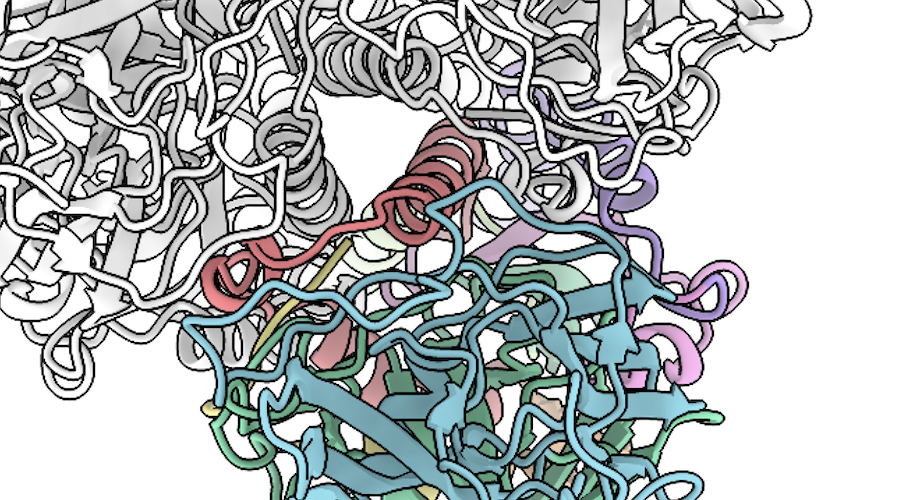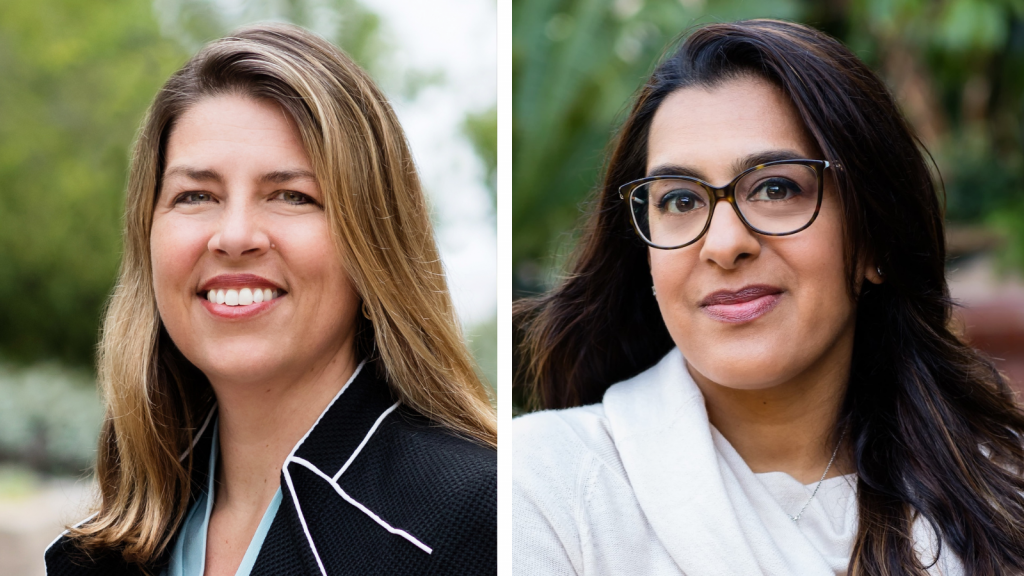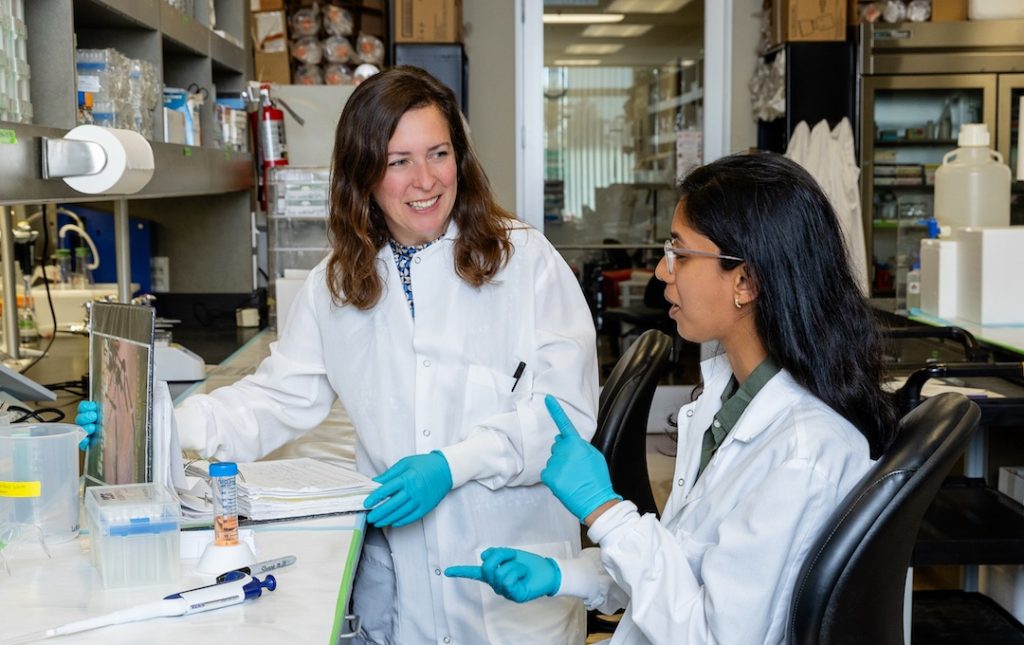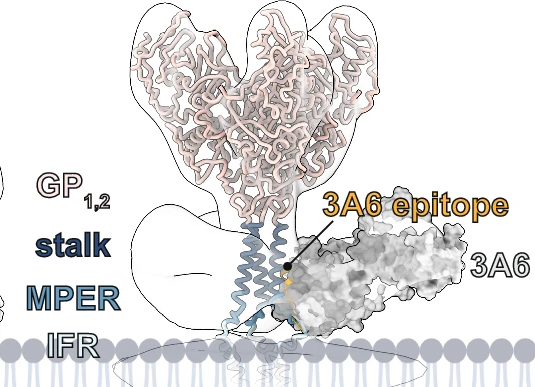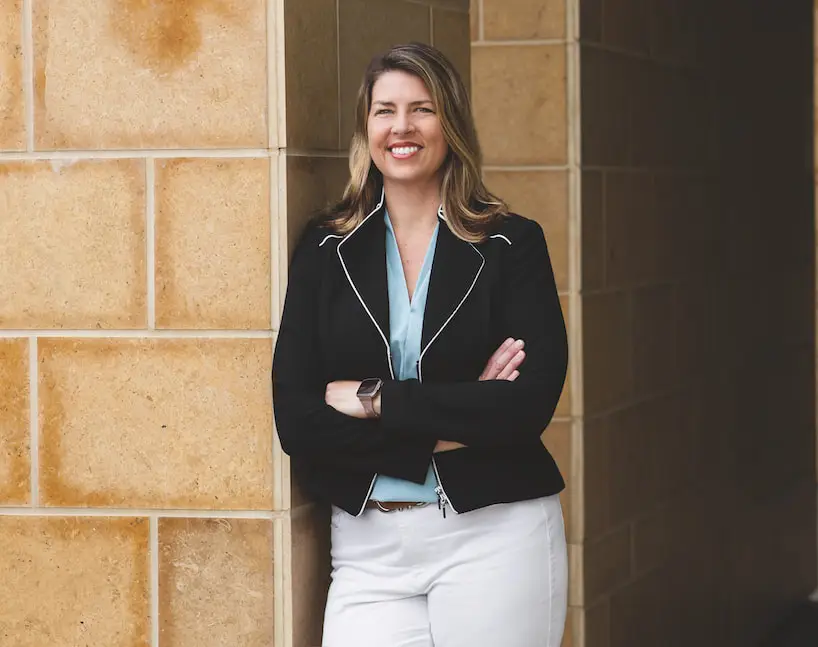Erica Ollmann Saphire, Ph.D., MBA, is a Professor of the La Jolla Institute for Immunology. Her research explains, at the molecular level, how and why viruses are pathogenic and provides the roadmap for medical defense. Her team has solved the structures of the Ebola, Sudan, Marburg, Bundibugyo and Lassa virus glycoproteins, explained how they remodel these structures as they drive themselves into cells, how their proteins suppress immune function and where human antibodies can defeat these viruses.
Prof. Saphire is currently leading a Bill & Melinda Gates Foundation-supported consortium to evaluate antibody therapeutics against SARS-CoV-2 to prevent and treat COVID-19. This consortium, CoVIC (covic.lji.org) analyzes the world’s leading therapeutic candidates side-by-side, and uses LJI’s powerful pair of Titan Krios microscopes for high-resolution analysis of the antibody interactions.
She was also the galvanizing force behind the Viral Hemorrhagic Fever Immunotherapeutic Consortium and is directing this NIAID-supported organization. This consortium, Center of Excellence in Translational Research, unites 44 previously competing academic, industrial and government labs across five continents to understand and provide antibody therapeutics against Ebola, Marburg, Lassa and other viruses. A recent discovery from Instructor Kathryn Hastie revealed why neutralizing antibodies had been so difficult to elicit against Lassa virus, and provided not only the templates for the needed vaccine, but the molecule itself: a Lassa surface glycoprotein engineered to remain in the right conformation to inspire the needed antibody response. This molecule is the basis for international vaccine efforts against Lassa. Other work in their lab reveals how these and other viruses replicate and assemble using a variety of biophysical, biochemical, and immunological methods.
Dr. Saphire’s work has been recognized at the White House with the Presidential Early Career Award in Science and Engineering, with young investigator awards from the International Congress of Antiviral Research, the American Society for Microbiology, and the MRC Centre for Virus Research in the United Kingdom. She has been awarded a Fulbright Global Scholar fellowship from the United States Department of State and a Mercator Fellowship from Deutsche Forschungsgemeinschaft, to develop international collaborations using cryoelectron microscopy to further global health.
